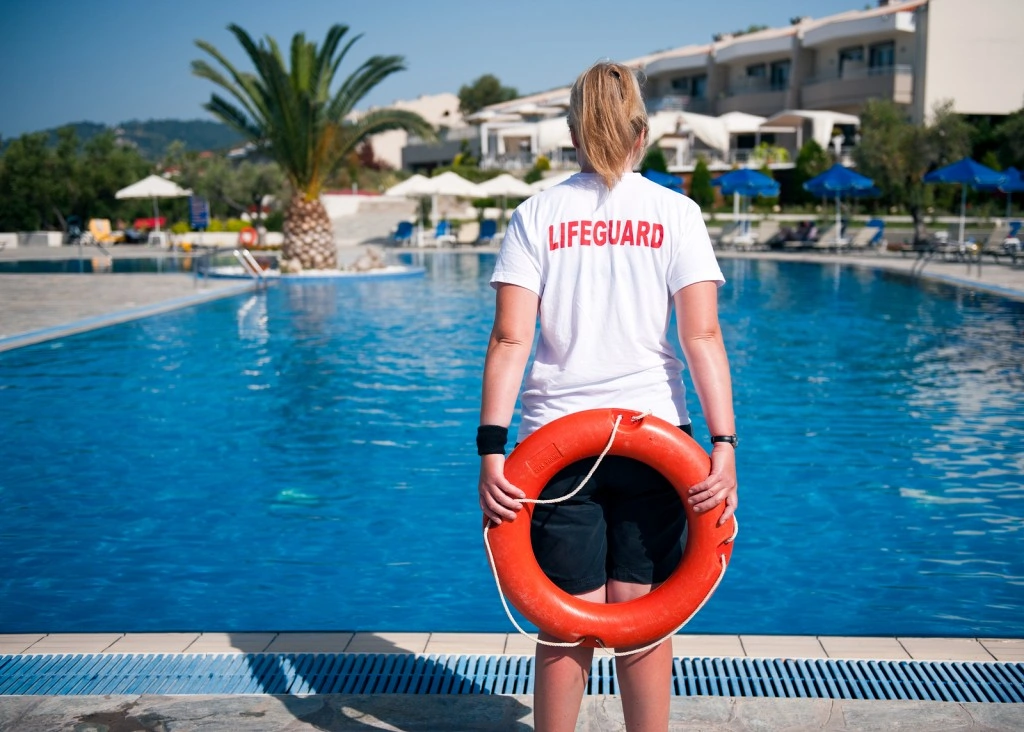
As the summer months approach, millions of Americans will flock to pools, beaches, and waterparks to cool off, have fun, and enjoy a playful family outing. Although many of us feel safe knowing lifeguards and other emergency responders are on scene to assist in an emergency, parents and family members must be able recognize the signs and symptoms of swimmers in danger.
The most common misconceptions about drowning are what an actual drowning event looks like. Since many of us are conditioned by television to think distressed swimmers thrash their arms and legs, waive for help, and yell for assistance, actual drowning emergencies often go unnoticed.
The Coast Guard published guidelines for recognizing the signs and symptoms of what it calls “The Instinctive Drowning Response” in its Fall 2006 issue of On Scene: The Journal of the U.S. Coast Guard Search and Rescue. While the journal goes into much more detail about what an actual drowning event looks like, the article focuses on dispelling many common misconceptions, specifically, that drowning victims cannot usually yell for yelp or waive their arms in distress.
During a drowning event, our bodies are conditioned to perform two vital functions to stay afloat: breathing and treading water. During a drowning event, our mouths only have seconds to take in air while above the surface of the water and our arms and legs focus on keeping us upright as long as possible, making it almost impossible to waive for help or kick.
One of the most common reasons drowning accidents occur is because lifeguards and other safety staff fail to recognize the signs and symptoms of a drowning event. Even trained professionals often fall short of their duty to remain vigilant, remember their training, and act quickly when victims are in distress.
Other causes of tragic drowning accidents include:
Like many negligent entities, swimming pool operators and managers often attempt to skirt liability for their inability to take the reasonable safety precautions to prevent serious injuries, sometimes going as far as to blame the victim. At The Cochran Firm, D.C., our experienced Washington DC drowning lawyers dedicate themselves to uncovering the truth and holding negligent parties accountable.
If your family suffered a tragic drowning accident, contact our office to discuss your case. Our law firm offers free, confidential consultations to victims and do not charge any fees to investigate claims. Furthermore, our lawyers work on a contingency basis, meaning they do not collect any fees unless they successfully resolve a case.






